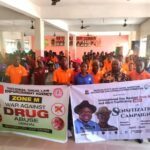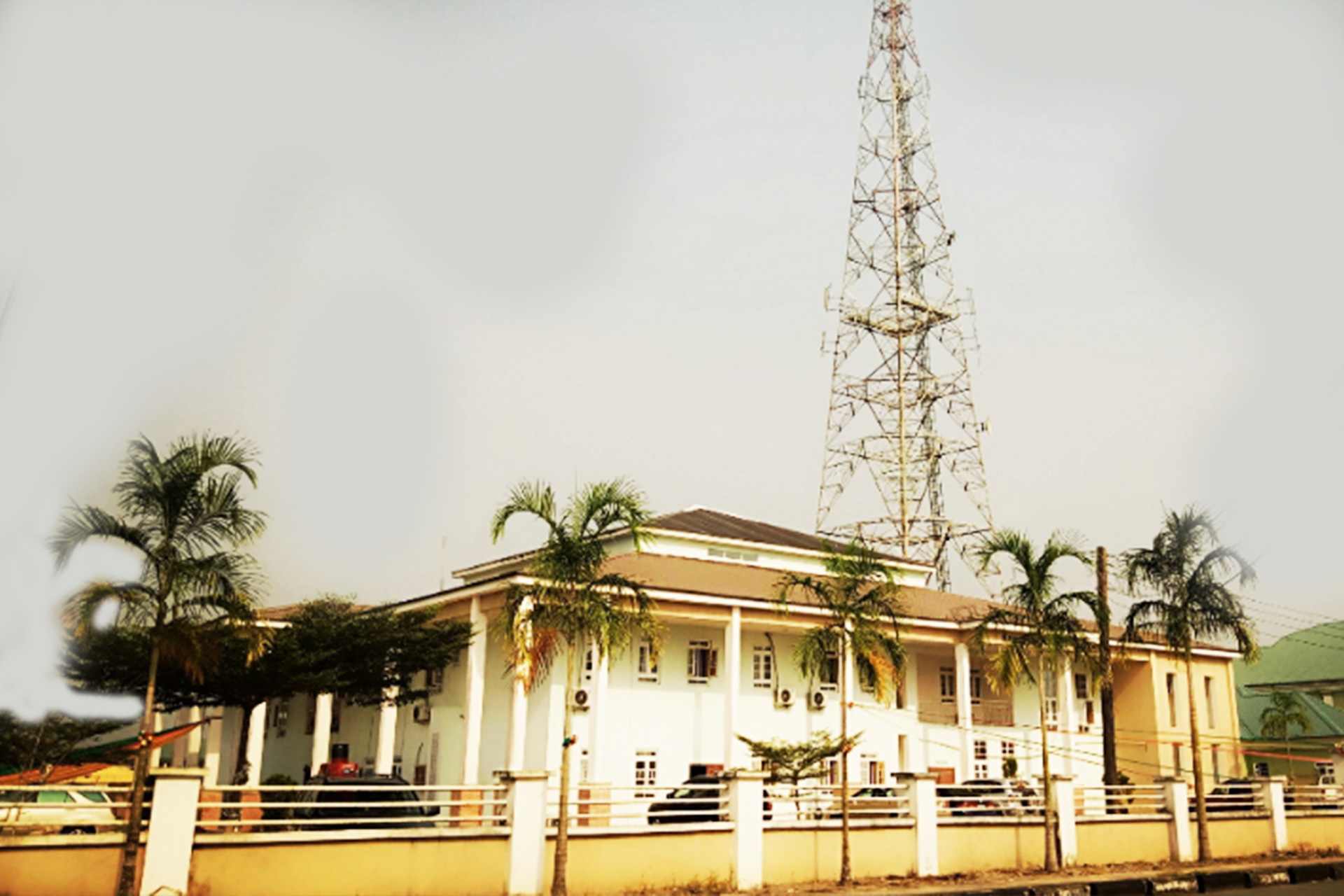Henry R. Van Til opines that a family is the simplest and smallest unit of the society. This smallest cell comprising of the father, mother and children generally termed as nuclear family; further extends or splits into extended families through marriages and procreations, which eventually forms a society where people cohabit in spite of their differences, which sometimes generate conflicts.
Thus, it is pertinent to note that a common characteristics for the growth of both family and society, is the promotion of peaceful coexistence and cooperation among members, irrespective of individual differences. Although, there are bound to be conflicts and breakdown of law and order in the midst of more than one person; which is why every environment has specific laws guiding them to maintain healthy relationships. No wonder John Locke said, the law is not to restrain but to preserve already existing relationships.
To this end, in order to manage and sustain healthy family relationships and identify potential challenges facing families, the United Nations General Assembly organised a stakeholders engagement meeting and came up with a decision to raise awareness on the importance of family, which led to the adoption of May 15, of every year as the International Day of Families in a resolution A/RES/47/237 passed in 1993.
Hence, in accordance with the objectives of this year’s International Day of Families: “Families and New Technologies,” the UN wishes to address: Present research on current urbanisation trends; Highlight linkages between urbanisation and migration; Demonstrate the importance of family-oriented policies and programmes to effectively respond to the challenges posed by rapid urbanisation; Share good practices in sustainable and family-friendly urbanisation, including the implementation of the Venice Declaration Present the current state of preparations for the IYF+30, including the Civil Society Declaration with the theme: Families And Urbanisation.
In view of the above, findings reveal that one of the major challenges militating against the total wellbeing of families globally is urbanisation. The need for this social shift no doubt is as a result of many factors. One of such is rural under development, lack of accessible link roads to major cities and towns, concentration of social amenities in city centers, very low standard of living amongst others. Sadly, these situations have consequently caused more harm, giving to the rise of more problems like: lack of communal coexistence, cultural shift, densely populated cities, shortage of farm produce, price hike, insecurity, climatic change, gross reduction of birth rate, shortened life expectancy rate etc. That is why, there is an urgent need to bridge the gap between urban and rural development by creating and giving equal rights and opportunities through poverty alleviation programmes, standard and free health care services, infrastructural development, promote cities and human settlements inclusion.
There is also need to address the prevailing issues bothering the general welfare of families in the areas of health, education, gender equality, rights of children, social inclusion and other vital aspects of human life such as economic, birth rate, death rate, population and the overall processes involved in the growth and development of family members. A call to extensively discuss and seek lasting solutions to sustain and uphold healthy and well balanced households by government, schools, non-governmental organisations, individuals, etc.
Interestingly, in Nigeria and Bayelsa State, achievements in this regard hinges to a large extent on using the Sustainable Development Goals (SDGs) as a template to execute government plans, projects and .programmes aimed at eliminating poverty, discrimination, abuse, insecurity, addressing environmental degradation and ushering in a new era of development for all.
It is pertinent to note that in line with the prosperity agenda of Governor Douye Diri’s led administration, laudable projects like roads and bridges are being built to link the three senatorial districts (Bayelsa Central, East and West), schools, healthcare services are evenly spread in the State capital and local government areas, the support for Small and Medium Scale Businesses with soft loans, promotion of sporting activities, urban renewal programmes to promote security of lives and property, and the general wellbeing of the populace are paramount.
However, it is worthy of note that planning and managing urbanisation requires long-term funding, therefore the state and local governments are expected to continue to work together to achieve that purpose. Government’s target should always be to evenly spread development in the rural and urban areas to improve the wellbeing of the citizenry, as well as avoid migration and overpopulation of the urban areas.
Well planned public areas like parks; to promote leisure hours, socialisation and other recreational activities to boost family bonding, comradeship, amongst populace should be encouraged. This is especially crucial for individuals who are disadvantaged or vulnerable, such as those with disabilities, women, children and the elderly. Above all, in line with the urbanisation goals, infrastructures should be easily accessible, particularly for those with disabilities.
As we celebrate International Day of Families, learn to create time for your family, care and always communicate with one another to understand your needs, play together, pray together, love and respect one another and promote values to create a healthy family and society.
Ebikaboere Esther Amanawa
Min. of Information, Orientation and Strategy, Bayelsa State.









